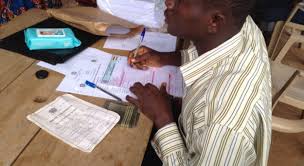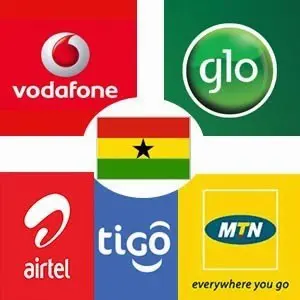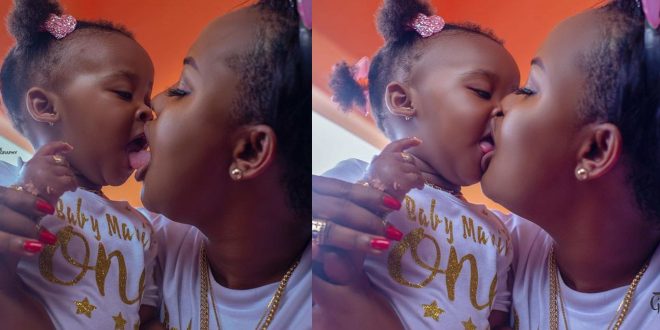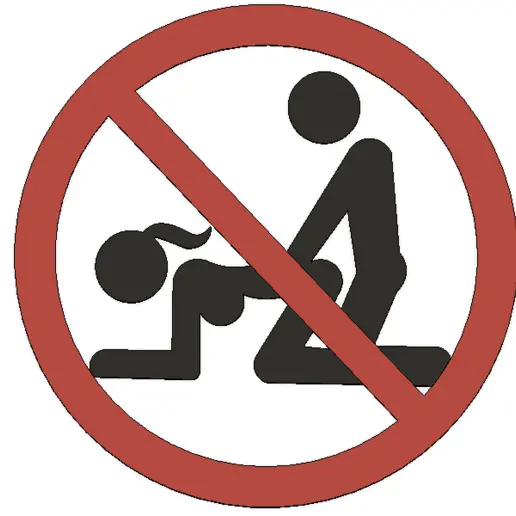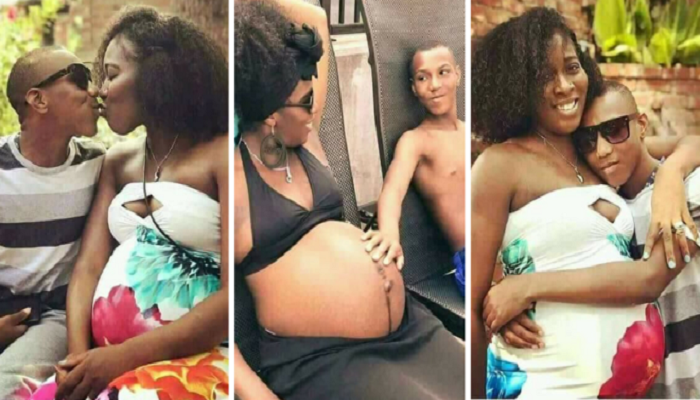President Mahama is not new on Ghana’s political scene, as he has traversed the country’s political ladder from the bottom to top. This, notwithstanding, many are those who wish to know more about the leader, who is seeking to be retained as President, to enable him fulfill his vision for Ghana.
He is a member of the Gonja ethnic group, and hails from Bole in the northern region of Ghana. He was born on November 29, 1958, in Damongo in the Damango-Daboya constituency of region, into a political tradition, dating back to the country’s First Republic.
President Mahama’s father, Emmanuel Adama Mahama, a wealthy rice farmer and teacher, was the first MP for the West Gonja constituency and the first Regional Commissioner of the Northern Region, during the First Republic, in the government of Ghana’s first president, Kwame Nkrumah. President Mahama’s father also served as a senior presidential advisor during Ghana’s Third Republic, under President Hilla Limann.
Educational Background
President Mahama had his early education at Achimota School, in Accra, and proceeded to Ghana Secondary School, in Tamale, in the northern region, and the University of Ghana, (UG) Legon, receiving a bachelor’s degree in history in 1981.
He pursued a Post-Graduate Diploma in Communication Studies in 1986, at the UG, studied at the Institute of Social Sciences in Moscow in the Soviet Union, specializing in Social Psychology; obtaining a Post-Graduate Degree in 1988.
Early Career
President Mahama taught History at the secondary school level for a few years. Upon his return to Ghana after studying in Moscow, he worked as the Information, Culture and Research Officer at the Embassy of Japan in Accra, between 1991 and 1995.
He moved to the anti-poverty non-governmental organisation (NGO), Plan International’s Ghana Country Office, where he worked as International Relations, Sponsorship Communications and Grants Manager, between 1995 and 1996.
In 1993, President Mahama participated in a professional training course for Overseas Public Relations Staff, organised by the Japanese Ministry of Foreign Affairs in Tokyo, and took part in a management development course, organised by Plan International (RESA) in Nairobi, Kenya.
Political Life
President Mahama was first elected to the Parliament of Ghana in the 1996 elections, to represent the Bole/Bamboi Constituency for a four-year term. In April 1997, he was appointed Deputy Minister of Communication and Minister of Communications in November 1998, serving in that post until January 2001, when the NDC handed over power to the NPP.
In 2000, President Mahama was re-elected for another four-year term as the MP for the Bole/Bamboi, re-elected in 2004 for a third term. From 2001 to 2004, President Mahama served as the Minority Parliamentary Spokesman for Communications, and in 2002, he was appointed the Director of Communications for the NDC. That same year, he served as a member of the team of International Observers selected to monitor Zimbabwe’s Parliamentary Elections.
As an MP, he was a member of Standing Orders Committee as well as the Transport, Industry, Energy, Communications, Science and Technology Committee of Parliament.
As Minister and Vice-President
President Mahama served as the Deputy Minister of Communications between April 1997 and November 1998. During his tenure as Minister of Communications, President Mahama also served as the Chairman of the National Communications Authority.
As a minister, he was a founding member of the Ghana AIDS Commission, a member of the implementation committee of the 2000 National Population Census and a deputy chairman of the Publicity Committee for the re-introduction of the Value Added Tax (VAT).
In 2003, President Mahama became a member of the Pan-African Parliament, serving as the Chairperson of the West African Caucus until 2011. He was also a member of European and Pan African Parliaments’ Ad-hoc Committee on Cooperation.
The President was in 2005 appointed the Minority Spokesman for Foreign Affairs and was a member of the UNDP Advisory Committee on Conflict Resolution in Ghana.
On January 7, 2009, Mahama became the Vice President of Ghana, and served as the chairman of the National Economic Management Team, the Armed Forces Council of Ghana, the Decentralisation and Implementation Committee and the Police Council of Ghana in this capacity.
As President
In accordance with Ghana’s 1992 Constitution, Mahama became President of the country on July 24, 2012, following the death of his predecessor, John Atta Mills In July, 2012. President Mahama became Ghana’s first president to have served at all levels of political office -Ghanaian and Pan-African MP, Deputy Minister, Minister, Vice-President and President.
He said in parliament upon being sworn in: “This is the saddest day in our nation’s history. Tears have engulfed our nation and we are deeply saddened and distraught and I’m personally devastated, I’ve lost a father, I’ve lost a friend, I’ve lost a mentor and a senior comrade. Ghana is united in grief at this time for our departed president.”
Consequently, the NDC held a Special National Delegates Congress, on 30 August, 2012, and endorsed President Mahama, as the 2012 presidential candidate. He won the December 2012 general election, and was sworn-in to begin a four-year term, on January 7, 2013.
On March 30, 2014, President Mahama was elected to preside the Economic Community of West African States (ECOWAS)., and on 26 June, 2014, he was elected Chairperson of the African Union’s (AU’s) High-Level African Trade Committee.
Personal Life and Interests
President Mahama is married to Lordina Dramani Mahama, born Lordina Effah, on March 6, 1963. President Mahama has three children on the record, named, Farida, Sharaf and Jesse. The President is a Christian, born and raised a Presbyterian, but is now a member of Assemblies of God, Ghana.
He has written for some newspapers and other publications, both locally and internationally. As a parliamentarian, Mahama wrote Mahama’s Hammer, a semi-regular column in a Ghanaian newspaper. His essays have also been published in the Daily Graphic, Ebony, Huffington Post, the Louisville Courier-Journal and the New York Times.
President Mahama likes Afrobeat music, especially that of Fela Kuti, the Nigerian Afrobeat star, Apart from reading, President Mahama has a passionate interest in innovation particularly the use of technology in agriculture, being a farmer himself.
Awards
President Mahama received an honorary doctorate in the field of Public Administration, from the Ekiti State University of Nigeria, formerly affiliated to the Obafemi Awolowo University Later the same university passed a resolution to name its Faculty of Management Science after him.
The Cuban government, recognising his relentless advocacy for the Cuban cause, namely for the lifting of the 50-year economic embargo on the communist country and for the freedom of the detained Cuban five by the United States government, conferred on him the Friendship Medal.
The General Council of Assemblies of God, Ghana, honoured President Mahama with its “Daniel Award, “and the Graduate School of Governance and Leadership also awarded him the African Servant Leadership Award.
The Institute of Public Relations recognised President Mahama with a prize for his leadership acumen and technocratic flair. In 2013, the Forum for Agricultural Research in Africa conferred on him the Africa Award for Excellence in Food Security and Poverty Reduction, and in March 2016, University of Aberdeen conferred an honorary degree of Doctors of Laws (LLD) on President Mahama.
He was a visiting scholar at The Johns Hopkins University; Baltimore, USA, Bill Gates Fellow awarded the Great Cross of the National Order of Benin, the highest award in Benin, by President Yayi Boni.
By George Agyemang









